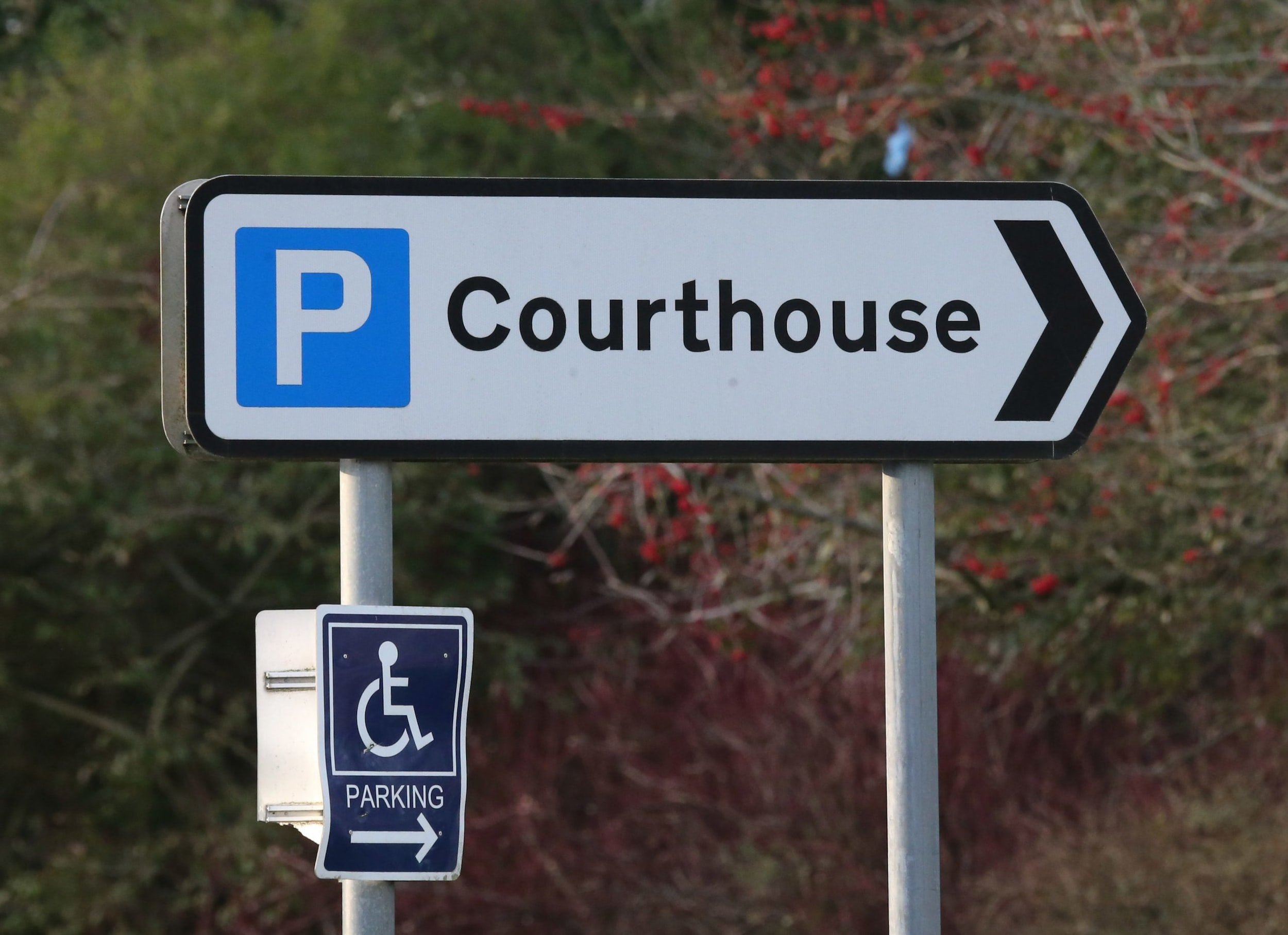Anti-Social Behaviour, Social Housing, and Evictions
The national body representing landlords, the National Federation of Residential Landlords (NFRL) has been talking to Government Housing Minister, Felicity Buchan about this, as they claim that a number of their members have had to seek possession at some time against a tenant for anti-social or criminal behaviour. They are looking for an easier and quicker way to get rid of ASB tenants.
We will leave comments about anti-social landlords for another blog, though from our experience, this is probably a bigger problem.
Anti-social behaviour is to be deplored. We know the immeasurable stress ASB can cause for other tenants who may themselves be vulnerable. It was a particular problem in one case we dealt with during lockdown when there was a halt on all possession hearings. In that instance the only way we could resolve the problem was to assist the victim tenant, including financially, to find another tenancy elsewhere.
However, we would say that before possession is sought through the courts, thought should be given to the reasons for the anti-social behaviour, which often is caused by mental ill-health, including addiction-related health issues. Private landlords are now housing a large number of vulnerable tenants most of whom do not, of course, exhibit anti-social behaviour, but may require social support. This is the direct result of the woefully inadequate supply of Council rented homes.
For decades, local authorities have been starved of funds to increase social rented housing in line with demand. Any attempt to address the huge backlog of demand requires a minimum of £100,000 new social rented homes to be built every year. Last year, only 28,000 were completed, and that was a relatively good year.
We write more elsewhere about the lack of social homes. The point we wish to make here is that the shortage leads to the expectation that private landlords can behave like social landlords in terms of tenancy support. They never have and they never will. Apart from anything else, they do not have the same access to personal information about tenants as local authorities, not should they have, so they couldn’t provide specific support needs even if they wanted to.
Recognising the acute housing shortage, the Government came to power on a manifesto to provide 300,000 new homes a year. What is the Prime Minister’s response to falling so woefully short? Rishi Sunak announced at the end of last year that the targets would simply be abolished. No mention of providing the resources needed to start to address the housing crisis. For the millions of vulnerable renters in need of support, the future looks bleak.

